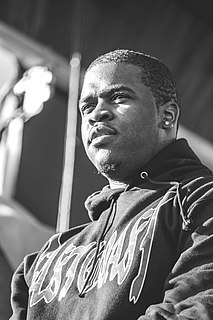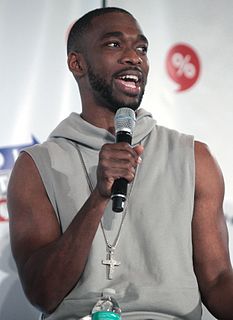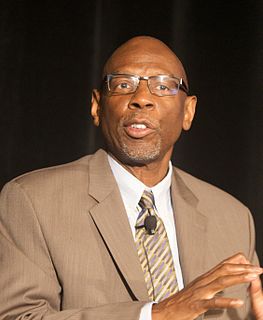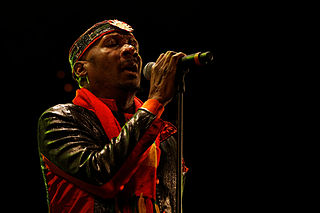A Quote by Malik Yoba
I used to walk in the burnt up Harlem of the '80s, and I'd look at brownstones that were dilapidated or apartment buildings, thinking 'Whoever designed this and built this did not want it to look like this.' So, I used to visualize one day being able to contribute and build in Harlem.
Related Quotes
We didn't sit around the dining table talking about Madam Walker, but the silverware that we used every day had her monogram on it and our china for special occasions had been Madam Walker's china... and the baby grand piano on which I learned to read music had been in A'Lelia Walker's apartment in Harlem during the Harlem Renaissance.
People are too afraid of uptown. A lot of people will tell you, like, "Don't go to Harlem. You can never go there. 'Cause as soon as you get there, they kill you." That's what people think. As soon as you arrive in Harlem, someone just stabs you in the face right away. That's people's image of Harlem: just everyone standing around waiting for lost white people to kill all day. "Did you see any? I didn't either."
When I was 17, I worked in a mentoring program in Harlem designed to improve the community. That's when I first gained an appreciation of the Harlem Renaissance, a time when African-Americans rose to prominence in American culture. For the first time, they were taken seriously as artists, musicians, writers, athletes, and as political thinkers.
In Harlem, for instance, all of the stores are owned by white people, all of the buildings are owned by white people. The black people are just there - paying rent, buying the groceries; but they don't own the stores, clothing stores, food stores, any kind of stores; don't even own the homes that they live in. They are all owned by outsiders, and for these run-down apartment dwellings, the black man in Harlem pays more money than the man down in the rich Park Avenue section.



































